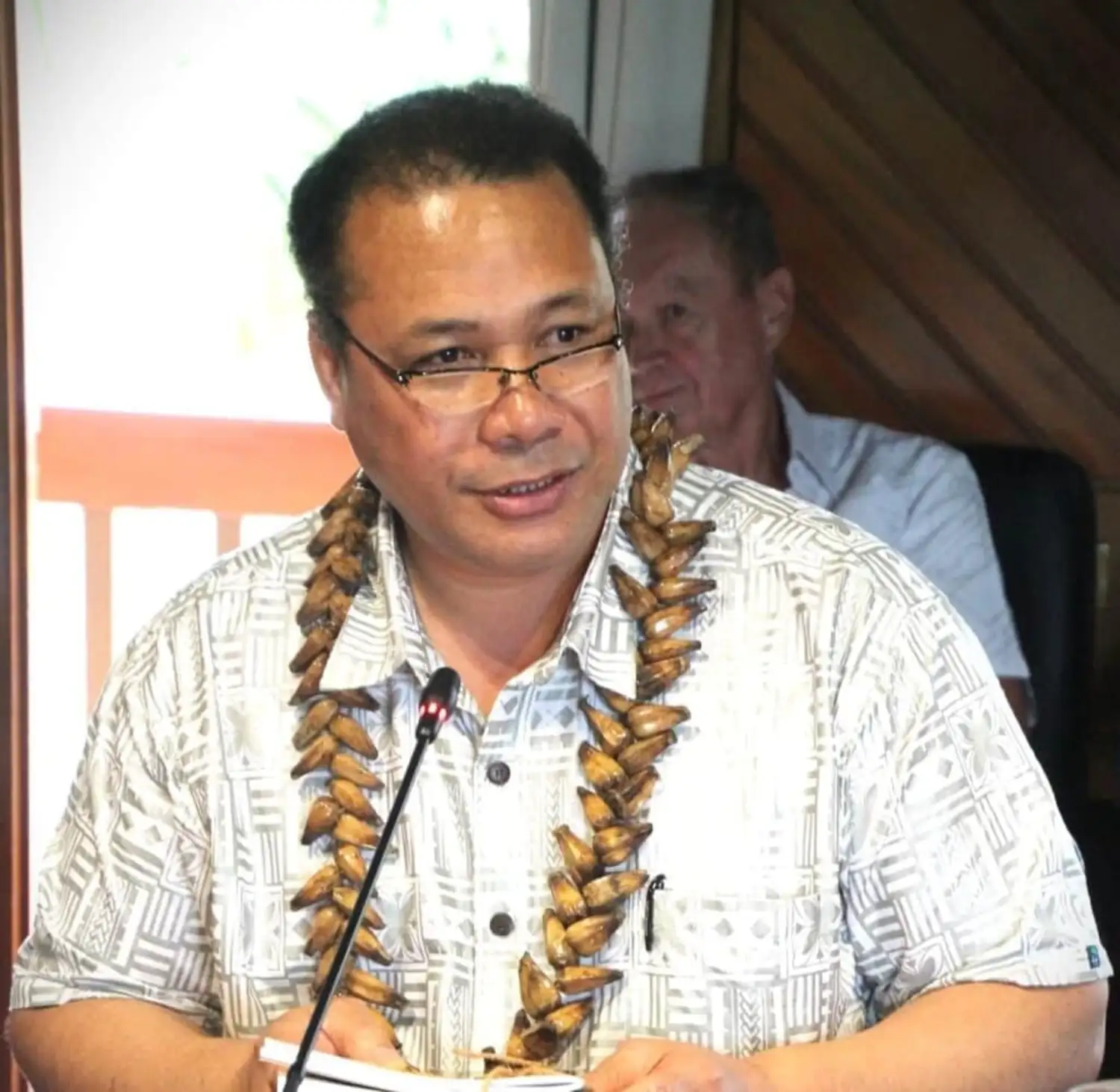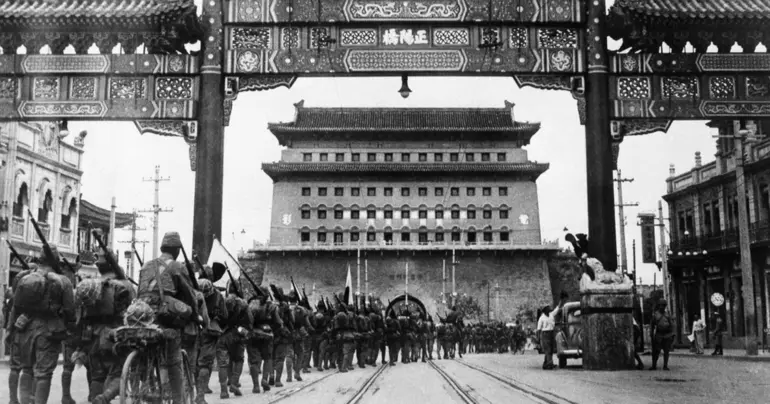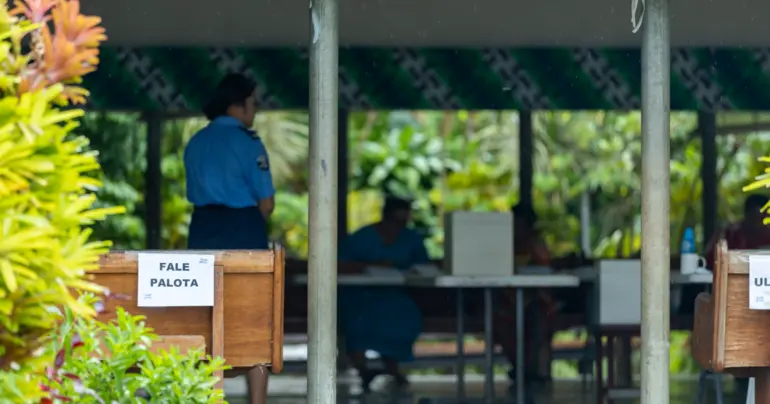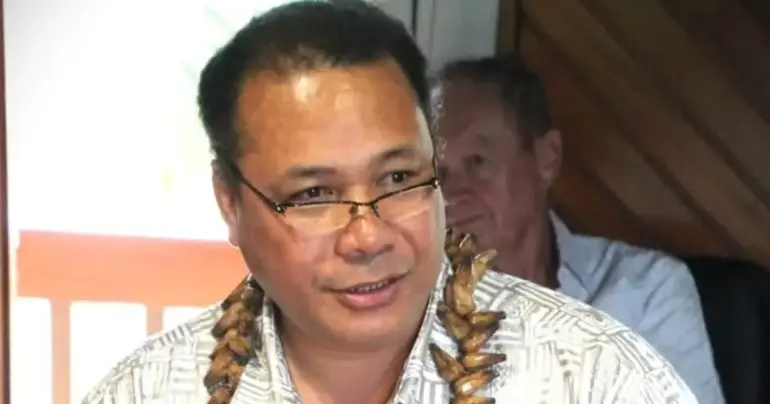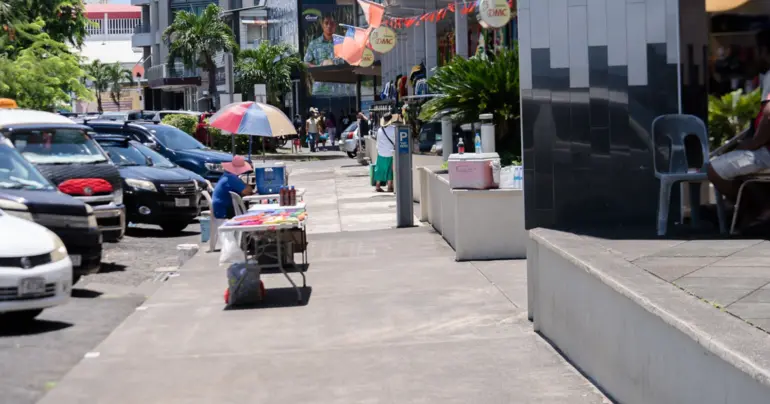Values, leadership, and election in Samoa
It has been a few years of political instability in Samoa. Such instability has not only cost the country its regional reputation as one of the most stable democracies but also the trust of the people.
Social media instigated so much division within families, villages, and churche,s where people no longer feel the weight of words put on screen. As a result, a rift between the local and diaspora Samoans was immediately noticeable. Some political leaders used this instability to forge a message of hope and resilience, while others use it to upgrade their blaming guns. Some pastors became entangled in political affairs that quietly choked their prophetic voice. The media mimics other democracies where the media is the most powerful fueling station for political divides, propagating the violence of ‘left’ and ‘right’, providing the basis for social divides. Language was reconditioned as a weapon of destruction. The bible was twisted and exploited to warrant political agendas and boost a counterfeit national Christian identity. The name of God was loosely and carelessly thrown around to certify power and authority. Samoa is at the coming of age of moral numbness, where people no longer think twice when picking up a rock, knife, gun, or even the bible as a weapon to hurt or to kill. It is during this instability that we now realise that the democratic party system alone can be messy and divisive if not managed well.
As my dear country, Samoa, moves to an election this week, I want to offer the following as we search for leadership.
1) We need leaders, not politicians. In other words, we need a ‘national leadership strategy’ that reminds our people to return to the basics of life, such as care. Politicians are produced from a system of political competition and authority. Leaders are produced from a system of collective care. Care for people, land, ocean, culture, and identity. These are the leaders who serve, who even go to the very extent to ensure security for everyone.
2) We need leaders who are passionate about ‘governance’. We might have a government, but not so much governance. Government is about institutions, while governance is about accountability. Government is about rights, while governance is about responsibility. Government promotes transactionality while governance promotes relationality. Government is about compliance, while governance is about collective stewardship. Government is about authority, while governance is about people. Government is about growth, while governance is about continuity.
3) We need leaders to invest in relational accountability. We might have a democratic system, with its own accountability processes, but it is one that works mostly for Western democracies. We need leaders who are accountable to the memories of our forebears but also to the future in front of us. Accountable to the land, to people, to faith, even to our unborn children.
4) We need leaders to establish a ‘values-based system’ alongside the democratic party system for constant checking and scrutiny to manage the ego. One based on our life-affirming values. Values such as humility and compassion. Leaders who personify the wisdom of restraint, ava fatafata and fealoaloa’i, who can carry themselves with dignity in public. For example, disagreements should be truthful and honest yet respectful without the fear of elimination and victimisation of another person’s dignity. This tension is healthy for the Samoan democracy.
5) We need prophetic leaders who stand up for social and ecological justice, not just there to play politics. Especially amid the polycrisis facing Samoa and the Pacific, such as transnational crime and drugs, deep sea mining, climate change, political colonisation, violation of indigenous rights, and systemic and family violence.
6) Lastly, we need leaders who, before they would offer their sacrifice by going to the election, walk over to those they normally perceived as the enemy and apologise and forgive them ‘in public.’ This election must be conducted with a clean heart. Like the planting of ufi (yam), you must always plant it with a clean heart. Which is why the ufi is the sacred lunar calendar plant of the Pacific because it will never grow to its fullness if planted with a malicious heart. This is also what Jesus demands of any Christian nation that we often declare to represent.
I want to end by offering a prayer of leadership for all our brothers and sisters running for election this year:
Ia pouliuli ou mata
Ia manino sulu lā o lou tino
Ia faataualofa ou lima
Ia saili laolao ou vae
Ia su’e mamalu lou laulaufaiva
Ia faatalitali malū lau tōfā
Ia saili punāvai lau faalogo
Ia su’e mālō ou tulivae
Ia onomea lou finagalo
Ma ia ola ia te oe le ua sulufa’i
Dr Upolu Lumā Vaai is the Vice Chancellor of the Pacific Communities University. Dr Vaai, through his many social media interventions, challenged the erosion of faith and cultural values in the recent political hiccup in Samoa. He challenged us to review the current political system in the light of our values. He also challenged the role of the faamatai system as a repository of wisdom during instability. Most importantly, he constantly challenged the role of the church during times of instability.




